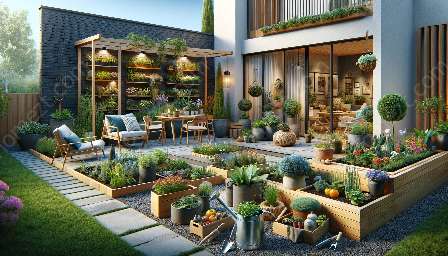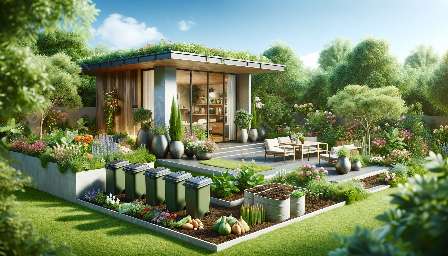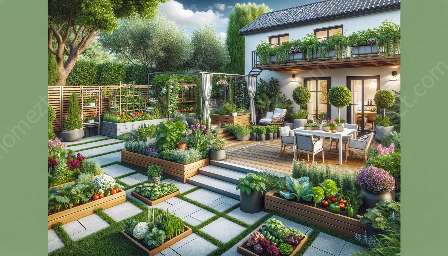Composting is a natural and sustainable way to enrich the soil in your yard & patio and enhance the beauty of your home & garden. Whether you are a seasoned gardener or a novice, understanding the process of composting can lead to healthier plants, reduced waste, and a greener environment. In this comprehensive guide, we will explore the benefits, methods, and tips for creating nutrient-rich compost at home.
The Benefits of Composting
Composting offers numerous benefits for both your yard & patio and home & garden. By turning kitchen scraps, yard waste, and other organic materials into compost, you can reduce the amount of waste sent to landfills, minimize your carbon footprint, and create a sustainable source of nutrients for your plants.
Improves Soil Quality: Compost enriches the soil by adding essential nutrients and improving its structure, resulting in healthier plants with better disease resistance.
Reduces Waste: Composting diverts organic waste from landfills, where it would otherwise release methane, a potent greenhouse gas.
Enhances Plant Growth: Compost promotes healthy root development, increases water retention, and fosters beneficial microorganisms, leading to lush, vibrant plants in your yard & patio and home & garden.
Composting Methods
There are a variety of methods for composting that can be adapted to fit your available space, time, and needs. Here are some popular methods:
Bin Composting
Using a compost bin is an efficient way to contain your compost and control the decomposition process. It's ideal for small yards and patios, and there are many commercially available bins or DIY options to choose from.
Trench Composting
This method involves digging a trench in your garden or yard and filling it with organic matter to create compost directly in the soil, enriching it as it decomposes.
Vermicomposting
Worm composting, or vermicomposting, utilizes worms to break down organic matter into nutrient-rich compost. It's perfect for indoor or small space composting and produces high-quality compost.
Tips for Successful Composting
Creating compost is a straightforward process, but there are some tips to ensure success:
Balance the Ingredients
A successful compost pile needs a balance of green (nitrogen-rich) and brown (carbon-rich) materials. Kitchen scraps, grass clippings, and leaves are excellent green and brown materials for composting.
Regular Turning
Mixing the compost pile aerates it and helps facilitate decomposition. Turning the pile every few weeks ensures that the composting process is efficient and thorough.
Proper Moisture
Compost should be as damp as a wrung-out sponge. Regularly monitor the moisture levels and adjust as needed to keep the decomposition process active.
Conclusion
Composting is a rewarding and environmentally friendly practice that benefits your yard & patio and home & garden. By understanding the benefits, methods, and tips for successful composting, you can create nutrient-rich compost at home, enrich your soil, and promote healthier plant growth. Embrace the natural cycle of recycling organic matter and enjoy the satisfying results of composting in your outdoor and indoor spaces!





























